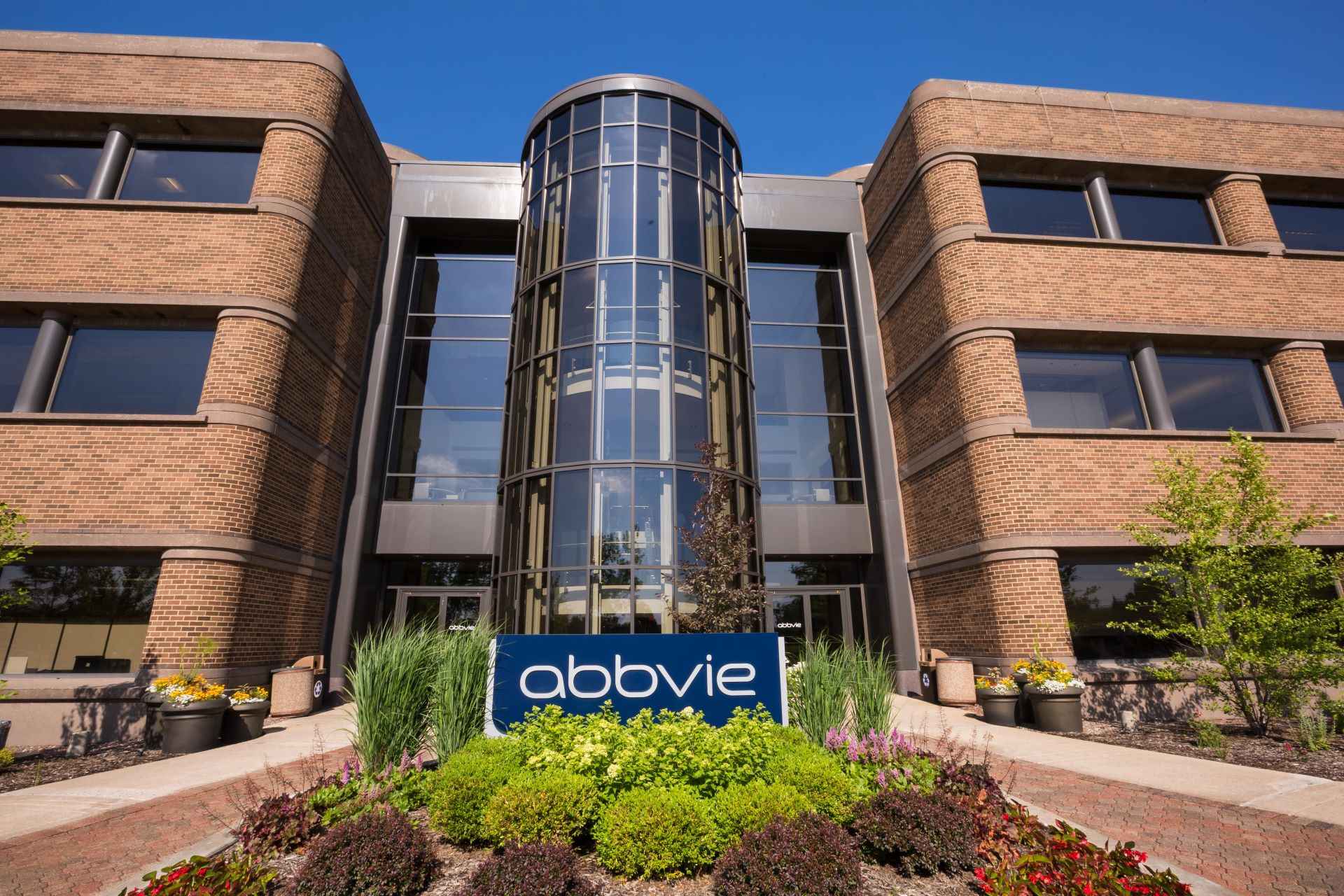
AbbVie has reported that risankizumab 360mg met the co-primary endpoints in a Phase III FORTIFY maintenance study conducted in adults with moderate to severe Crohn’s disease.
Endoscopic response and clinical remission at week 52 were the trial’s co-primary objectives.

Discover B2B Marketing That Performs
Combine business intelligence and editorial excellence to reach engaged professionals across 36 leading media platforms.
Developed as part of the partnership between Boehringer Ingelheim and AbbVie, risankizumab specifically hinders interleukin-23 (IL-23) by attaching to its p19 subunit.
Marketed as Skyrizi, the drug is indicated in the US for treating moderate to severe plaque psoriasis in adults who have received systemic therapy or phototherapy.
The multi-centre, randomised, double-blind, control group, 52-week Phase III maintenance and open-label extension study analysed the efficacy and safety of risankizumab in adults with moderate to severe Crohn’s disease.
The trial deployed a re-randomised withdrawal design and all subjects were given an intravenous induction dose of risankizumab.

US Tariffs are shifting - will you react or anticipate?
Don’t let policy changes catch you off guard. Stay proactive with real-time data and expert analysis.
By GlobalDataThose responding to the treatment were re-randomised to receive a subcutaneous (SC) 180mg dose of risankizumab, SC risankizumab 360mg, or were moved from risankizumab to an induction-only control arm.
AbbVie noted that the study had different sets of primary and secondary endpoints for the US analysis plan and outside of the US (OUS) analysis plan, owing to regulatory requirements in the regions.
Data from the trial showed that 47% of the subjects who were given risankizumab 360mg attained endoscopic response versus 22% in the induction-only control arm.
In the US analysis, 52% of patients on risankizumab 360mg experienced clinical remission compared to 41% in the control arm.
A similar trend was observed in OUS analysis, with 52% of subjects receiving the treatment achieving clinical remission versus 40% in the control arm.
The 180mg dose of the drug met the co-primary endpoints in the US plan but not in the OUS plan.
AbbVie vice-chairman and president Michael Severino said: “In our global clinical trial programme to-date, risankizumab has shown clinically meaningful rates of endoscopic response and clinical remission among patients living with moderate to severe Crohn’s disease.
“These results represent another step towards the development of risankizumab for these patients, many of whom do not find sufficient disease control with current treatments.”
The safety profile of both tested doses of risankizumab in this trial was in line with its already reported data, with no new safety risks noted.





